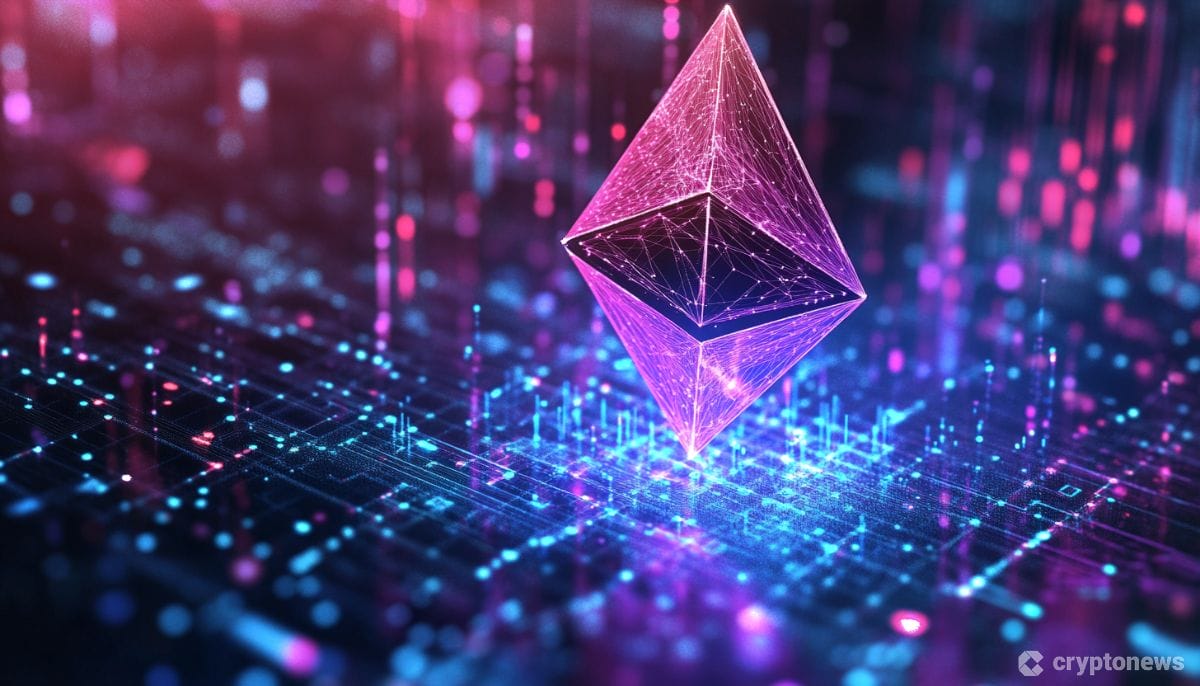ZKSync, an Ethereum layer-2 scaling solution, has recently introduced its ZKSync governance system, allowing community members to participate directly in the protocol’s development. The system is designed to uphold the ZK Credo’s core values, emphasizing the right to fork or exit and the community’s ability to trustfully verify decisions. With multiple safeguards in place to ensure longevity and adaptability, the governance model consists of three independent bodies: the Token Assembly, the Security Council, and the Guardians.
The Token Assembly is made up of token holders who delegate their voting power to representatives and can propose and vote on protocol upgrades directly on-chain. The Security Council, comprised of skilled engineers and security experts, reviews and approves these upgrades and has the authority to freeze the protocol in case of security threats. The Guardians, tasked with ensuring proposals align with the ZK Credo, hold the power to veto any misaligned proposals. This tripartite system aims to create a separation of powers and checks and balances within the governance framework.
The three governing bodies collaborate to publish, approve, and implement three types of proposals: ZKSync Improvement Proposals, Token Program Proposals, and Governance Advisory Proposals. The launch of the governance system represents the culmination of collaborative efforts from the ZKSync community, with a focus on real-world impact and ongoing development. Matter Labs, the firm behind ZKSync, launched its Era mainnet in March 2023, introducing a Layer 2 network that leverages zero-knowledge (ZK) rollups and proofs to enhance Ethereum’s transaction cost-effectiveness and efficiency.
Despite recent developments such as the launch of the governance system and the introduction of the ZK token with an airdrop, the network has seen a significant drop in daily transactions. The seven-day moving average of daily transactions on the ZK Rollup has decreased by nearly 85% this year, highlighting potential challenges that the protocol may need to address. Community participation in governance and ongoing development efforts will be critical for ZKSync to navigate these challenges and drive real change within the ecosystem.
Overall, the introduction of the ZKSync governance system marks a significant milestone for the protocol, empowering community members to contribute directly to its development and evolution. With a robust governance framework in place, ZKSync is setting a new standard for decentralized governance systems within the blockchain space. By emphasizing core values and implementing safeguards to address risks and ensure protocol longevity, ZKSync is paving the way for a more inclusive and transparent governance model that prioritizes community involvement and decision-making.











